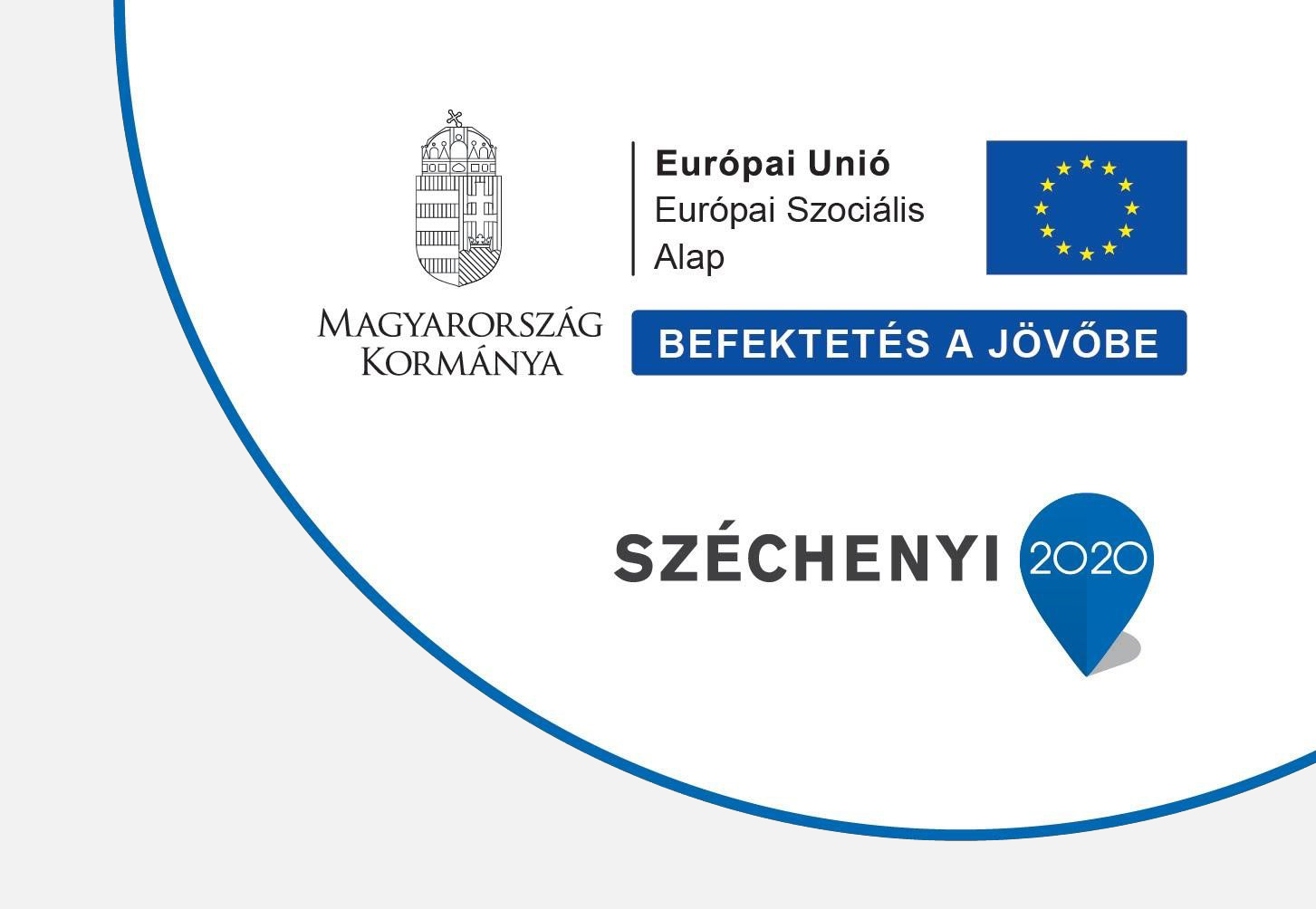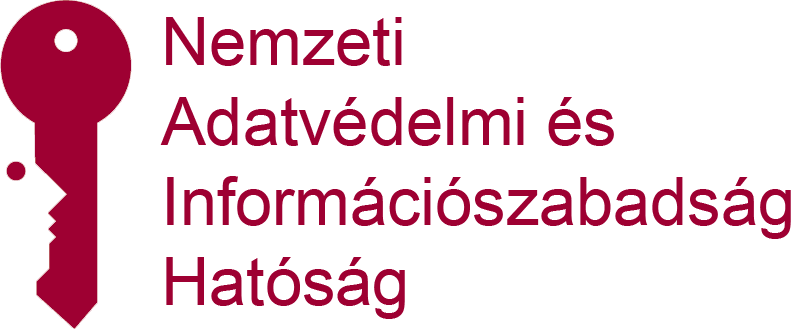
Press Release
Comprehensive development project launched by the Hungarian National Authority for Data Protection and Freedom of Information for the enhanced enforcement of freedom of information
24 March 2021
The Hungarian National Authority for Data Protection and Freedom of Information has been awarded a non-reimbursable EU grant worth HUF 1 billion to implement the KÖFOP-2.2.6-VEKOP-18-2019-00001 flagship project "Exploring local practices of freedom of information and increasing their effectiveness". The objective of the project is to investigate the implementation of freedom of information practices in Hungary through applied research and to develop the necessary proposals for optimisation.
In addition to the protection of personal data, the Hungarian National Authority for Data Protection and Freedom of Information is responsible for the implementation of the freedom of information as a fundamental right. A comprehensive review of decades of practice in Hungary is essential in order to uncover the factors that hinder the exercise of this right. Once they have been identified, targeted proposals can be made to optimise the disclosure of information in the public interest.
As the designated beneficiary of the call for proposals "Review of the scope of data subject to legal disclosure obligations" (KÖFOP-2.2.6-VEKOP-18) published in the framework of the Operational Programme for the Development of Public Administration and Public Services, the Authority aims to carry out a comprehensive, scientific approached exploration of the status of the freedom of information as a fundamental constitutional right in Hungary and, based on the research findings, to develop concepts, proposals and other instruments designed to improve the legal and miscellaneous service environment. The project will have a positive impact on strengthening the service provider approach and ethical functioning in public service and it is also directly linked to the improvement of transparency in public administration processes.
The four specific target areas to be reviewed include:
- publicity among municipalities,
- publicity in central administration,
- activities of business entities and/or organisations performing public functions outside public administration but using public funds that are of interest to the public,
- legal instruments and mechanisms that can help to promote (enforce) comprehensive access to data of public interest and data accessible on public interest grounds.
The national and international reviews are carried out by an almost 60-strong team of experts under the supervision of NAIH's freedom of information experts. The results will be summarised in practical solutions, proposals and recommendations for the target groups of legislators, law enforcement officials and citizens, which will hopefully increase efficiency. The resulting products will be available on NAIH’s website from mid-2022 onwards.
On 24 March 2021, the inaugural conference of the project was successfully held (online due to the pandemic situation and in compliance with the measures in force), with almost 80 organisations and 150 participants represented. In his opening address, Dr. Attila Péterfalvi, President of the Authority, underlined that the 30-year history of the constitutional right of access to data of public interest and data accessible on public interest grounds in Hungary provides a wealth of experience. For this reason, this is a project that fills a gap: a comprehensive, nationwide and cross-sectoral study of the practical implementation of information obligations has become relevant in Hungary. An opportunity is provided within the project to carry out this examination so that an accurate, target-group-specific, comprehensive picture of the situation can support and underpin to a great extent the effective implementation of the freedom of information in the future. The project designed to boost transparency will focus on facilitating access to data of public interest and data accessible on public grounds, improving the supply of information and thereby strengthening the social control function over the freedom of information.
Dr. Júlia Sziklay, the project's Expert project manager and head of the Authority's Freedom of Information Department, started her presentation with the thoughts of Mother Teresa: "Honesty and transparency – although they make you vulnerable and open to challenge – are the right way to go". She emphasised that the freedom of information is a right and an obligation: everyone has the right to access and disseminate data of public interest, but public bodies/individuals should ensure that data of public interest and data accessible on public interest grounds under their control be made accessible and disseminated to anyone upon request, subject to the exceptions provided for in relevant legislation. The public accountability of managers of public funds and national assets is of equal importance. She stressed that the Authority's constitutional duty is to monitor and promote the exercise of the right to know about data of public interest and data accessible on public interest grounds. The present project is also based on the fundamental understanding that the provision of data of public interest is a public obligation as a kind of public service, which fits well into the concept of the service state.
The development to be undertaken by the Authority will therefore start with a comprehensive examination of the fulfilment of the information and data communication obligation, covering all entities involved. Frigyes Janza, head of the consortium supporting the professional implementation of the research, said that in line with the complexity of the task surveys will be carried out in three target groups identified using a variety of research methodologies, in the course of which they will examine and analyse the disclosure practices of the individual data providers and their experience in complying with public interest requests. Furthermore, in addition to reviewing the role and powers of the Authority, the legal instruments and mechanisms to facilitate (enforce) full access to data of public interest and data accessible on public interest grounds will be reviewed as the fourth research objective of the project.
As a result of the research, efficiency or other enforcement and compliance problems as well as factors hindering transparency can be identified on the basis of real data, to be followed by the development of interventions and optimisation processes required to address the problems. The Authority thus obtains a reliable picture of the level of freedom of information at national level, the problem areas and the means to address them. Data controllers will be supported by guides and manuals designed for the different target groups concerned, and proposals and recommendations will be made for policy makers and legislators to enhance the success of enforcement. An online information platform will be developed for those interested in the freedom of information. The project is implemented under the Széchenyi 2020 programme.
For further information visit:
KÖFOP-2.2.6-VEKOP-18 Project Office
Ez az e-mail-cím a szpemrobotok elleni védelem alatt áll. Megtekintéséhez engedélyeznie kell a JavaScript használatát.

